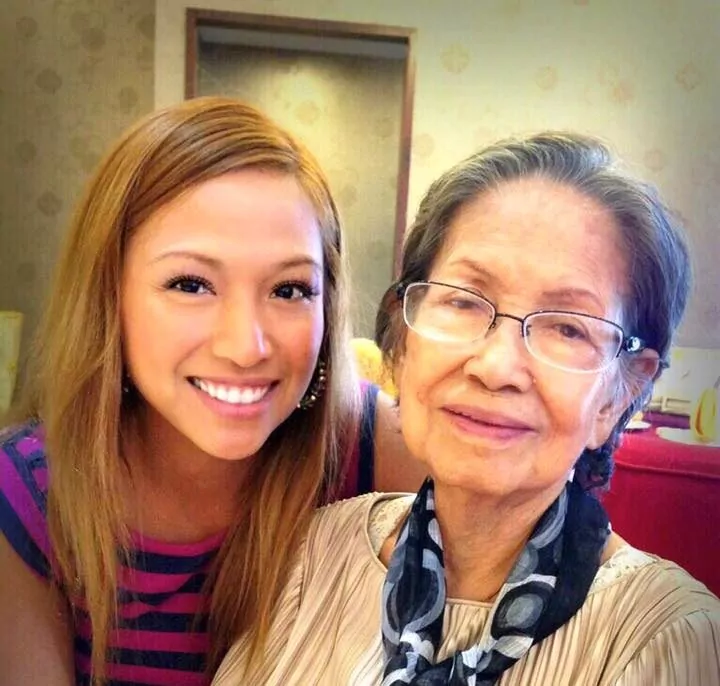
Even a few decades ago, medical teams believed that people with Alzheimer's Disease were beyond all hope. These people were often doomed to spend their lives sitting in wheelchairs or lying in bed until their muscles became shrunken and useless. Luckily, things are much different today.
In This Alzheimer's Disease Prevention Article
Benefits of Exercise in Alzheimer's Disease Prevention
Physical Activities For People with Alzheimer's Disease
Benefits of Physical Activity/Exercise for People with Dementia
Medical professionals and caregivers who specialize in the care of people with Alzheimer's disease and related dementias understand the importance of physical activity and know how to engage their clients in enjoyable physical movement. If you are caring for a loved one with dementia, you, too, can learn the importance of exercise and physical activity and how to select activities your loved one will enjoy.
There are many benefits to your loved one staying active for as long as possible. Some of the chief benefits include
1. Improving Physical Function
Exercise promotes cardiovascular health, strong muscles, increased flexibility and better balance. Improved balance is an especially important benefit because it can help reduce the likelihood of falls as the disease progresses.
2. Slowing of Mental Decline
Several studies have shown that people with Alzheimer's disease and related dementias who exercise maintain better cognitive function than those who do not.
3. Enhancing Ability to Sleep
Sleep plays several important functions in keeping people healthy. During sleep, for instance, the body repairs the wear and tear of the day. The brain uses periods of rapid eye movement, or REM, sleep to help solidify and classify memories. Sleeping seven to nine hours each night can help your loved one maintain physical and cognitive health.
4. Elevating Mood
When we exercise, our brain releases neurotransmitters such as serotonin that help improve mood. Since depression is common in people with dementia, any activity that boosts mood is valuable.
5. Reducing Restlessness
Some people with dementia develop restless behaviors. They may wander, pace, wring their hands, sway back and forth or tap their foot. Exercise helps discharge some of this restlessness into enjoyable, goal-directed activities.
Physical Activities People with Dementia Can Enjoy
There are many different physical activities that are appropriate and enjoyable for people with Alzheimer's Disease. In developing an exercise regimen, it's important to take your loved one's preferences into account. If your loved one has had Alzheimer's for a long time, he or she may require activities that are easy to perform and understand. These ideas will help you get started.
1. Gardening As Cognitive Workout
Many people grow up with fond memories of helping in the garden. The physical work helps keep the joints in the hands and knees flexible. Gardening provides a cognitive workout, too. For instance, your loved one will have to concentrate to tell the difference between a plant and a weed. Finally, gardening can do wonders for the mood as it is easy to see the results of one's labor.
2. Dancing
Select music from the time when your loved one was in his or her teens or 20s and encourage him or her to dance with you. If your loved one is confined to a wheelchair, ask him or her to clap or sway back and forth in time to the music.
3. Walking
Taking a simple walk around the block several days a week can improve muscle strength and balance. It may also lead to increased socialization, as you and your loved one can visit during your walks.
4. Water Aerobics
Water aerobics get the cardiovascular system pumping while cushioning the limbs. Many people enjoy visiting with others their own age during water aerobics classes. Although more solitary, swimming is also an excellent activity for people with dementia.
5. Participating In Care
As much as possible, encourage your loved one to care for him or herself. Instead of dressing your loved one, for instance, provide gentle coaching as your loved one dresses herself. Being able to manage the activities of daily living such as dressing, washing, eating and going to the bathroom will give your loved one a sense of pride and accomplishment. It will also ensure that he or she maintains some level of independence.
If you are caring for a loved one with Alzheimer's, encourage him or her to get regular exercise to remain healthy and improve quality of life.
Copyright © 2013 SeniorCareHomes.com. All Rights Reserved.
 About the Author: Catharine D. Allado is a Senior Care Expert and the COO of SeniorCareHomes.com – A trusted and comprehensive online directory of Senior Care Homes such as Assisted Living, Nursing Homes and other types of Senior Housing in California, Florida, New York, Arizona and the rest of the United States. SeniorCareHomes.com also provides FREE Assisted Living options to help seniors and families find the best Senior Housing on the planet!
About the Author: Catharine D. Allado is a Senior Care Expert and the COO of SeniorCareHomes.com – A trusted and comprehensive online directory of Senior Care Homes such as Assisted Living, Nursing Homes and other types of Senior Housing in California, Florida, New York, Arizona and the rest of the United States. SeniorCareHomes.com also provides FREE Assisted Living options to help seniors and families find the best Senior Housing on the planet!
Articles Related To Alzheimer's Disease Prevention:
- Are You At Risk For Alzheimer's?
- 8 Lifestyle Changes To Prevent Alzheimer's Disease
- Is It Alzheimer's?
- Stages of Alzheimer's Disease
- Detecting Alzheimer's Disease Early
- Anti-Alzheimer's Prescription
- Staying Socially Active Can Help Prevent Alzheimer's Disease
Questions About Alzheimer's Disease? Connect with Alzheimer's Care Experts Now:
Other SeniorCareHomes.com Helpful Links:
Catharine “Kate” is a Certified Administrator for Residential Care Facilities for the Elderly (RCFE) and an Expert Senior Care Advisor. Kate’s grandmother battled Alzheimer’s Disease and Kate personally understands what millions of families are going through. Kate and her team are very passionate in empowering Seniors and their families by providing them with the Best Available Senior Care Options based on Senior’s care needs, preferred location and family’s budget.


